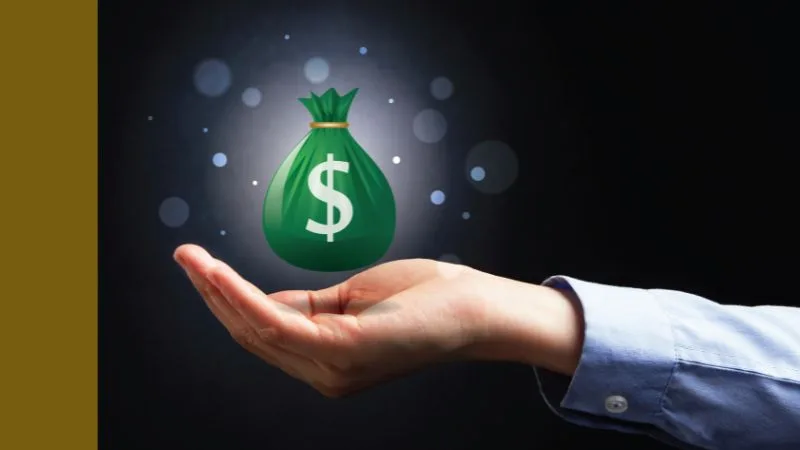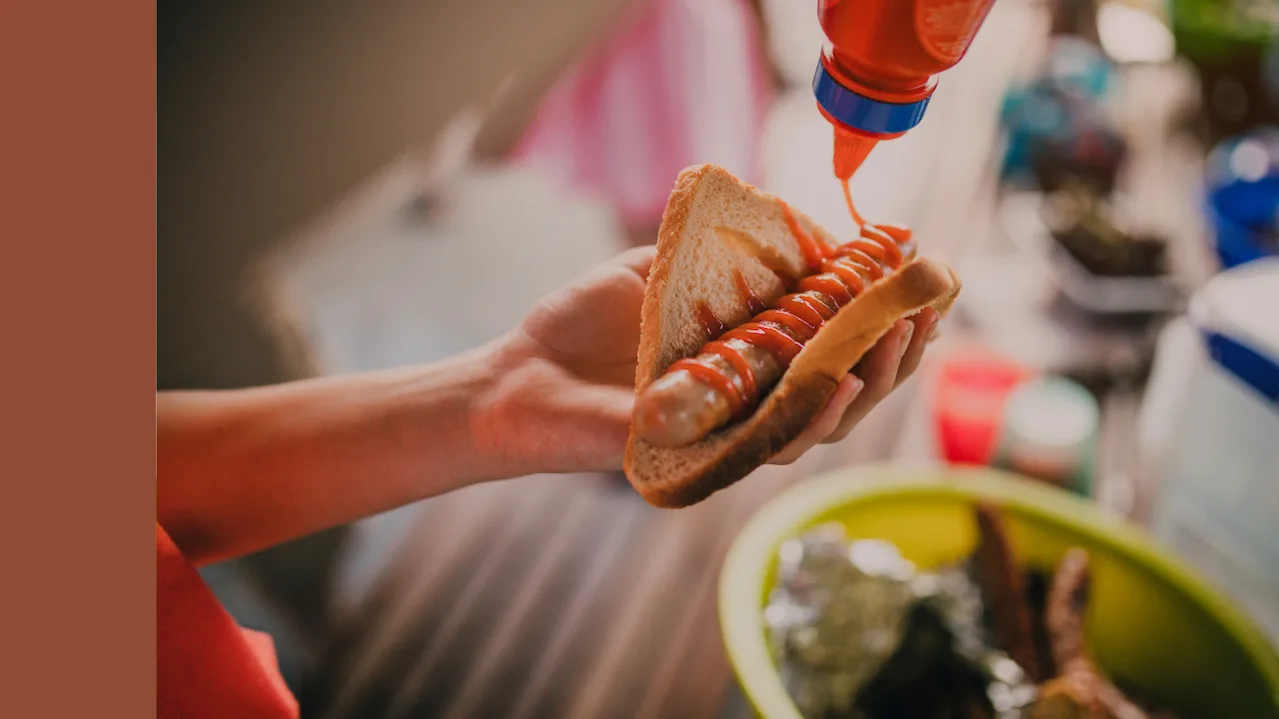The Woolworths Group Ltd (ASX: WOW) share price has sunk 8% in reaction to the FY24 half-year and the CEO’s retirement.
Woolworths is best known for its supermarkets in Australia and New Zealand. It owns other businesses, including Big W and now Petstock.
Woolworths FY24 first half result
Here are some of the highlights for the first six months of FY24:
- Total sales rose 4.4% to $34.6 billion
- Total EBITDA increased 5.3% to $3.08 billion
- Total EBIT rose 3.3% to $1.69 billion
- Underlying net profit after tax (NPAT) went up to 2.5% to $929 million
- Statutory NPAT sank to a loss of $781 million
- Interim dividend per share up 2.2% to $0.47
Looking at the performance of the individual business units, Australian food sales rose 5.4% to $26.9 billion, the Australian business-to-business sales rose 2.8%, New Zealand sales increased 2.3% (in New Zealand dollar terms) and Big W sales dopped 4.1%.
The business decided to impair NZ$1.6 billion of goodwill relating to the New Zealand food business on its balance sheet for the first half.
The Australian food division saw a particularly strong result with the gross profit margin going up 96 basis points (0.96%) to 28.9%, EBITDA rising by 9.2% to $2.5 billion and EBIT growing 9.9%. Profit growth is normally key for the Woolworths share price, but it could be a negative here because of the perception of profiting while so many households are doing it tough.
Woolworths said inflation continued to moderate during the half, with item growth also slowing in the second quarter, particularly in ‘discretionary categories’. The company said its margins increased because of Cartology and service income growth, as well as leveraging analytics to reduce unprofitable promotions.
It explained that two thirds of EBIT growth was driven by WooliesX, the e-commerce segment, and a growing contribution from ‘media, loyalty and other services’. Even if that is true, the headline profit growth numbers don’t make for great reading right now amid intense scrutiny about supermarket prices.
The recent appearance by Woolworths boss Brad Banducci on the ABC didn’t go very well.
CEO retirement
The supermarket business announced that Mr Banducci has given his notice of his intention to retire. By agreement with the board, he will leave in September 2024 after being CEO for eight and a half years.
Woolworths chair Scott Perkins said Mr Banducci has led a “remarkable turnaround” and that the business is in a better shape than when he started. The chair suggested that history will judge Mr Banducci as “one of Woolworths Group’s finest leaders.”
The company’s board has chosen Amanda Bardwell as the new Managing Director and CEO of the business. She has been the boss of WooliesX and helped its growth. Her total fixed remuneration will be $2.15 million, with short-term and long-term incentives on top of that.
Outlook for the Woolworths share price
The company faces lower inflation, which could mean lower sales growth. However, its earnings could get a boost from the recently-integrated Petstock business, which gives it exposure to the appealing pet sector. Petstock EBITDA is expected to be between $60 million to $70 million for the second half.
In terms of trading, sales in the first seven weeks have “continued to moderate”, with Woolworths food retail sales increasing by 1.5%. Underlying cost inflation (including wages) is expected to remain high, but the company has a “strong productivity pipeline in place” for the second half.
New Zealand food sales were up roughly 1%, Big W sales declined by approximately 6% in the first seven weeks.
Woolworths is clearly a strong business, but it’s now facing a lot of public scrutiny about its profitability. Before today, I wouldn’t have called it a good buy. It is a lot cheaper now, so it may be better value, but if its margins reduce then the profit won’t be as good as now and the fall may be justified.










